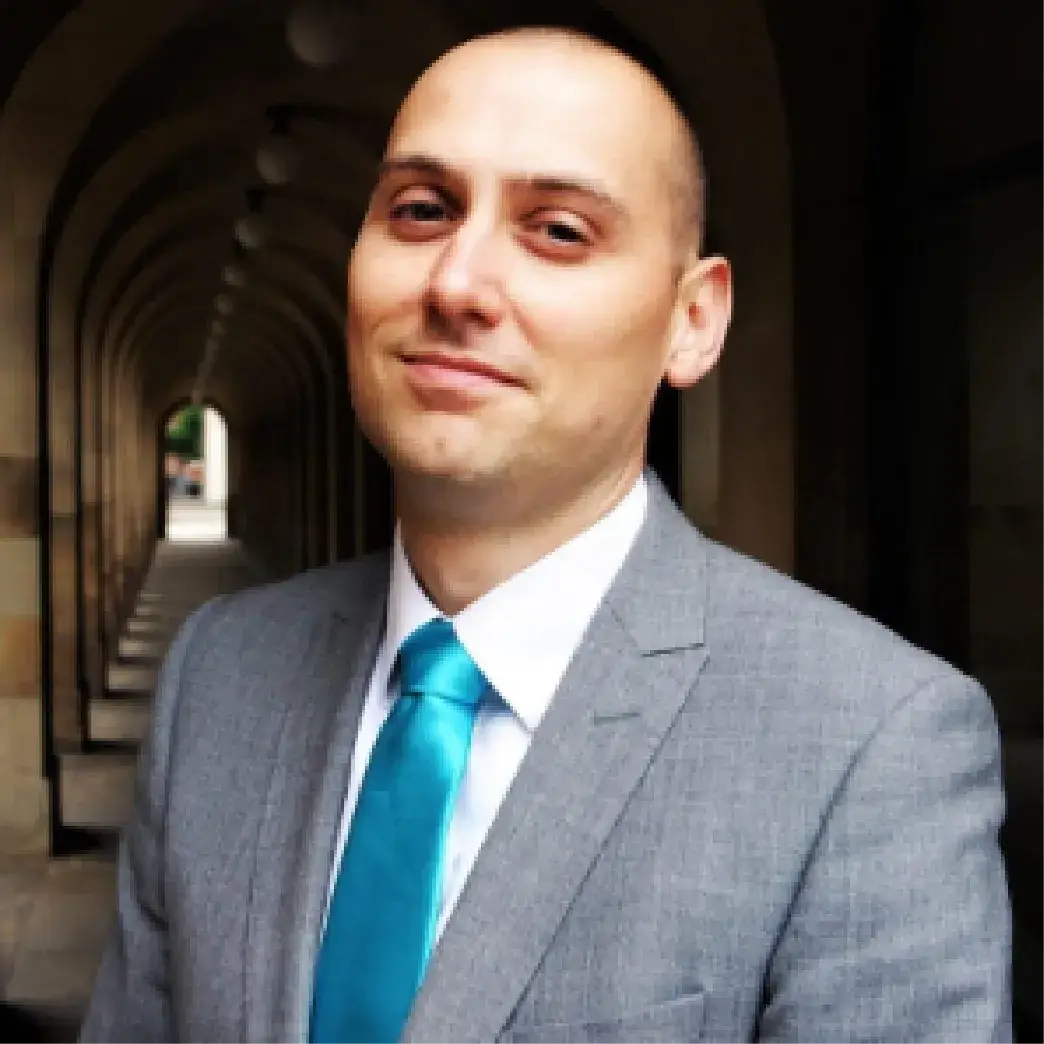Here to support you every step of the way
Speeding & Exceptional Hardship Arguments
A driving ban can have severe consequences on your life, especially when it results in job loss, an inability to care for family members, or restricted mobility due to health issues. Speak to our motoring defence solicitors to find out if your driving ban can be avoided.

Using the Exceptional Hardship Argument
Many drivers know that accumulating 12 or more points on a driving licence within three years typically leads to a 6-month disqualification under the “totting-up” system. However, facing this situation does not necessarily mean an automatic ban.
Courts have the authority to waive the ban if they are convinced that imposing it would cause “exceptional hardship.
What can lead to a totting-up ban?
A totting-up ban occurs when a driver collects 12 or more penalty points on their driving licence over a three-year period. These points accumulate from various traffic offences, such as speeding or failing to obey traffic signals.
Once the threshold is reached, the driver usually faces an automatic six-month disqualification. However, this can be avoided in some cases if the driver can demonstrate that disqualification would result in “exceptional hardship,” such as severe impacts on their livelihood, family, or finances.
How can I be successful in arguing exceptional hardship?
To successfully argue “exceptional hardship,” it is essential to provide strong evidence, such as supporting documentation or witness evidence. In court, the prosecution will have the opportunity to question both you and the validity of your arguments under oath.
To win an exceptional hardship argument, you must also demonstrate that no alternative conditions could be imposed to reduce or prevent the claimed hardship.
We are specialist criminal motoring defence solicitors
At JHR Solicitors, our extensive background in criminal motoring defence means we have successfully advanced exceptional hardship arguments on countless occasions. Our team is highly experienced in handling these cases.
It is essential that exceptional hardship arguments are presented correctly to give you the best possible chance of retaining your licence. This requires thorough preparation and careful evidence gathering.
If you are facing a driving ban, we strongly recommend getting in touch with us as soon as possible so we can provide expert guidance and advice from day one.

John Ruane
Your Expert Criminak Motoring Defence Solicitor
Free consultation
Submit your details below to get a free callback.
By submitting this form, you confirm you have read and agree with our Privacy Policy.
Common exceptional hardship arguments
There are various exceptional hardship arguments that can be used in Court, such as:
- You cannot earn a living without a driving licence.
- Your dependents will suffer in the event of a ban.
- A medical condition may not be treated effectively if you were to be disqualified.
Potential outcomes
If your application is successful, you will avoid a disqualification.
However, if your application is denied, you will be banned for 6 months under the totting regime.
For this reason, it is important to seek legal advice from an expert motoring defence solicitor. At JHR Solicitors, we have successfully advanced countless exceptional hardship arguments and may be able to assist in handling yours.
We’re a 5-star rated firm
See what our clients have to say.
Frequently Asked Questions
If the Court make a finding of exceptional hardship, you will either receive a lesser ban than 6-months, or no ban at all. The most likely of the two will always be no ban being imposed. Courts are usually loathe to impose a lesser ban than six months as this would have the effect of wiping your licence clean and also allowing you to benefit from a lesser period of disqualification.
Having a lawyer is not a mandatory requirement, however we take the view that your prospects of success will improve significantly if you have an expert lawyer representing you.
You would either give evidence under oath, or your advocate would advance your mitigation before you swear on oath that everything said was true. If the Court accepts that the threshold for exceptional hardship has been met, they will impose the points but spare you the period of disqualification.
The argument can be advanced either after a plea of guilty, or after a conviction is imposed after trial for an offence that attracts penalty points.
If the Court makes a finding of exceptional hardship, you will be unable to advance the same grounds again for the next three years.

